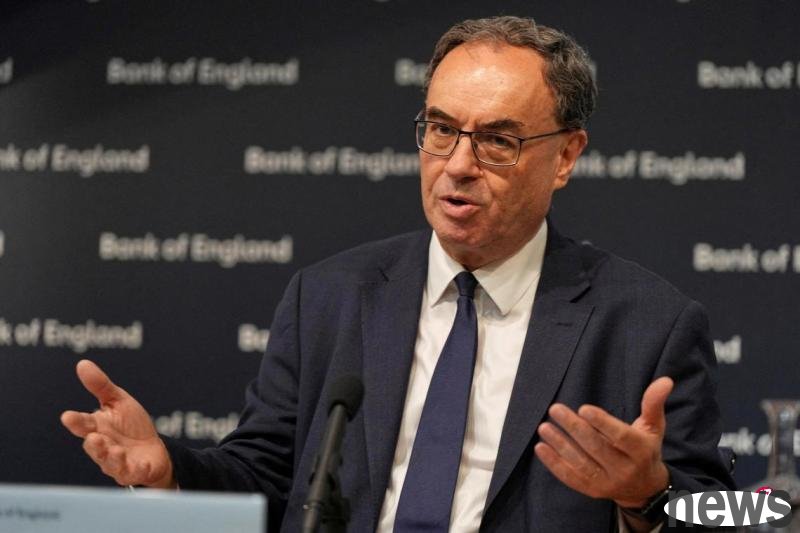
In addition, since July this year, Bailey has taken over as chairman of the Financial Stability Board, a organization responsible for monitoring risks in global financial markets.
Stablecoins are digital assets designed to maintain stable value, often pegged to another currency, and have risen rapidly worldwide in recent years.
This shows that Bailey's position on the stablecoin may conflict with the supportive attitude of US President Trump. Bailey said in an interview with The Times that he would rather want banks to provide digital traditional currencies, that is, "tokenized deposits", rather than stablecoins.
Some central bank governors, like Bailey, are also raising concerns about stablecoins and are calling for laws similar to bank regulation to regulate stablecoin companies. These concerns about central bank governors include the risk of stablecoin collapse and the risk of huge capital transactions outside the formal banking system that may breed crimes such as money laundering.
Bailey also warned in the above interview that stablecoins may pull funds from the banking system, thereby reducing funds available for lending.
Bank of England Governor Andrew Bailey warned in a recent interview that the world's large banks should not issue their own stablecoins, a move that could lead to outflows of funds within the banking system.
Compared to Bailey's cautious attitude, Bloomberg reported that the United States, under Trump's second term, actively promoted stablecoin-related legislation this year, and the market value of stablecoins related to Trump has reached US$2.2 billion (about S$2.8 billion).
Bailey also hinted that he did not want the UK to interview the central bank's digital currency (CBDC), that is, the digital pound. He believes that developing the digitalization of deposits, rather than issuing CBDCs to deal with private sector stablecoins, is a "wise move."
